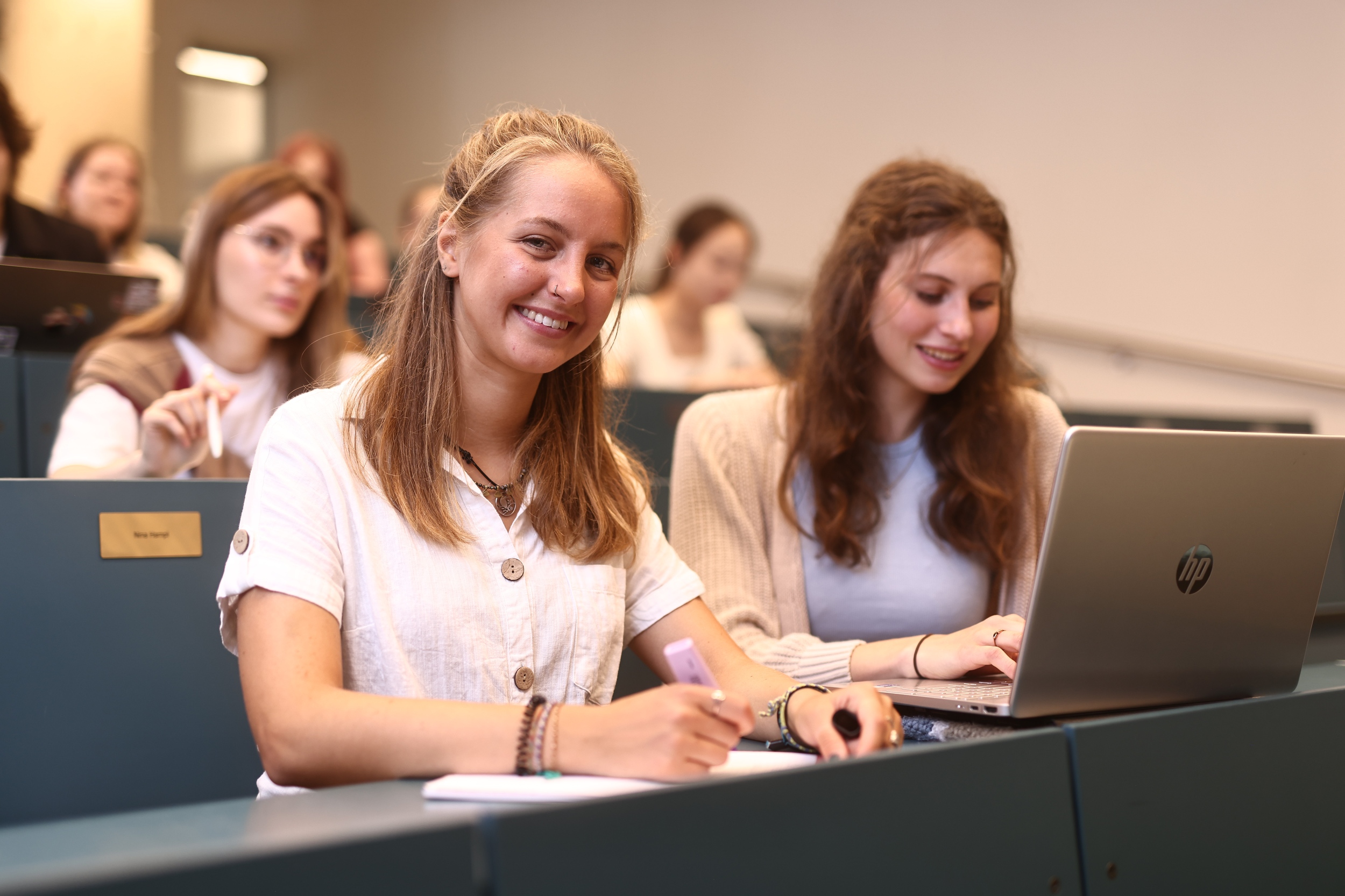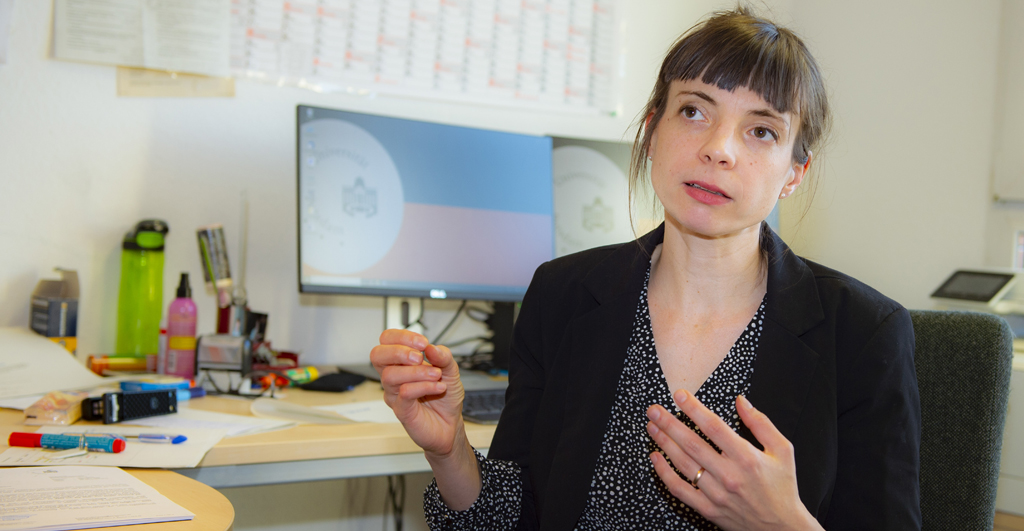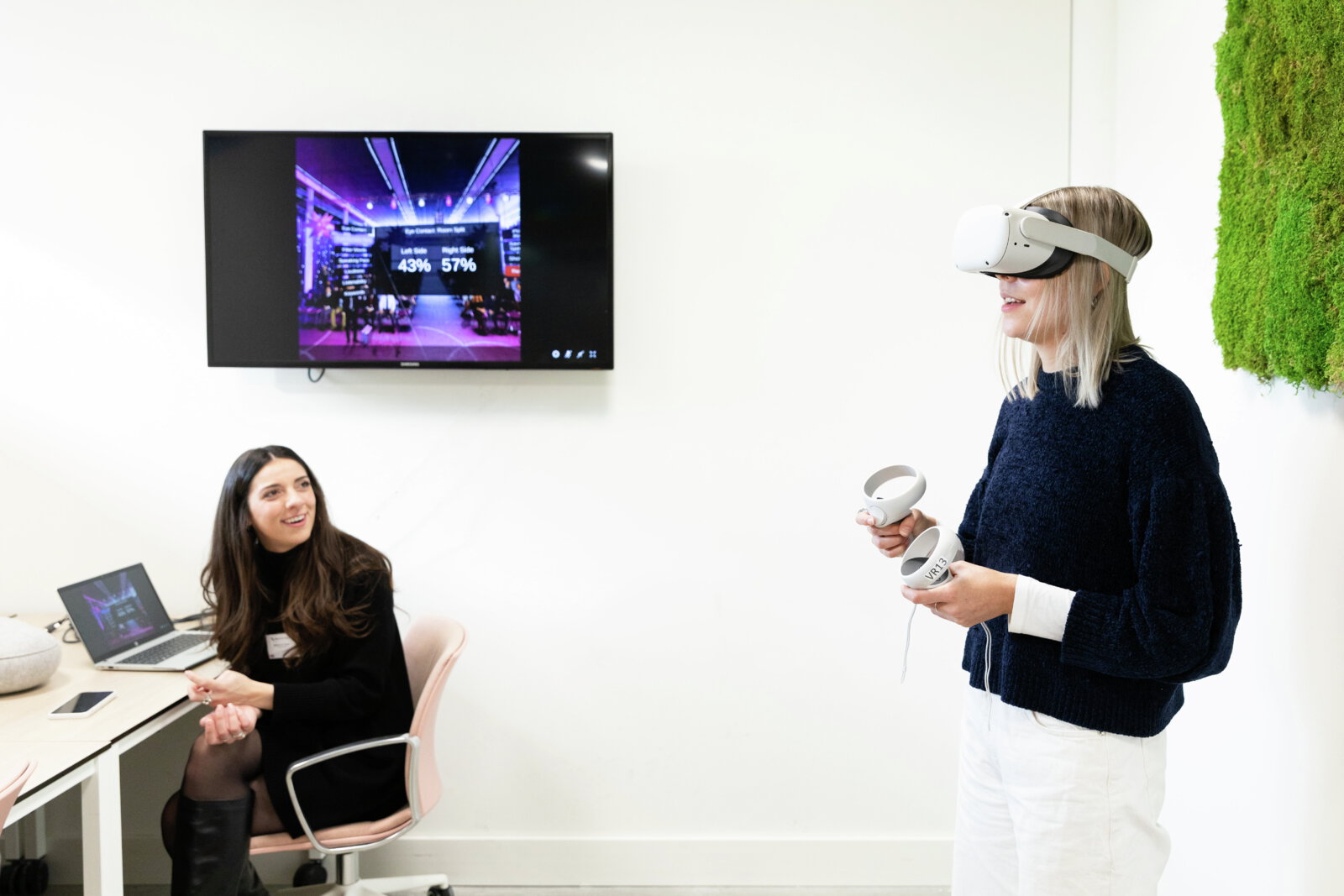Inspired by the UNESCO goal “Education for Sustainable Development” (ESD), the Virtual Academy of Sustainability (VAS) of the University of Bremen has been offering online courses on sustainability for the past ten years. The VAS aims to support other higher education institutions in implementing ESD in the academic curriculum, and they do so through the production of free and globally available online open educational resources.
The program of the VAS is open and available to all interested students from German universities. However, interested lecturers or the university administration staff are also welcome to make use of the offer of the Virtual Academy of Sustainability and integrate education for a sustainable development in their respective teaching courses. Interested individuals from the general public who want to further educate themselves can also participate in the VAS courses.
Over 20,000 Exams Passed Since 2012
The VAS currently has more than 40 partner institutes in Europe and others from all over the world. The online learning videos are produced at the University of Bremen and are freely available to everyone on YouTube. Examinations, however, can only be completed at partner universities that have agreements with the VAS. Students receive ECTS points from the university where they are taking the course. The assessment takes place digitally, as an electronic examination run at the partner university and hosted by the University of Bremen. Since 2012, over 20,000 examinations have been taken and passed (about 2,500 per semester). The courses are not linked to the semester structure: students can take them whenever, at the pace they prefer, and undergo assessment when they feel ready.
So far, 22 online courses are currently available on the platform. The majority of the courses are in German, four are in English and one in Spanish, and the VAS is working on further expanding its offer.
Different Digital Formats
In addition to the production of educational resources, the VAS also works in the field of research on online teaching for sustainable development. Over the years, the VAS has experimented with different didactical formats with the objective of increasing students’ involvement in the learning process. At the VAS, the learning concepts are offered in four formats:
- Learning videos and digital assessment: this is the most common format, consisting in self-paced learning based on pre-recorded videos that students can watch at any time, accompanied by learning material for further reading and practice. The learning videos are also combined with interview-episodes for insights into practice. Students can then choose from several examination dates that are offered at all partner universities of the VAS. This teaching format is mainly used to develop basic knowledge and understanding.
- Blended learning: In this case, the content is taught partly online and partly in person. The online phases take place asynchronously and serve to teach the basics (for preparation) and to reflect on what has been learned (at the end of a course). In the presence phase (mostly two days), students come together and work in groups on several tasks to deepen their previously learned knowledge.
- Digital and collaborative: In this format, students actively work in groups on various tasks after a short digital introduction. The special aspect here is that the entire collaboration takes place online and, apart from brief content inputs, learning takes place through the students’ own work. By using various digital tools (e.g. creating podcasts, video commentaries, student peer review), students are empowered to access, discuss, and deepen content by themselves.
- Collaborative research-based learning: In this format, digital and collaborative work is additionally linked to the teaching approach of research-based learning. Here, too, students work together exclusively online. However, the focus here is on their own, small research projects, which the students choose and subsequently work on themselves (from research to formulating a research question, collecting data, and communicating the results).
The online nature of the courses and the fact that they are not linked to the academic calendar, allow for a high level of flexibility and adaptability of the content to the students’ need. The role of the students in the learning process must be as active as possible, whilst balancing guidance of students with autonomy for them to explore topics they are more interested in.
Initially, the VAS was financed by the German Federal Environmental Foundation and the Federal Ministry of Education. Since August 2021, it has been financed by the University of Bremen itself.
Further Information:
https://www.va-bne.de/index.php/en/frequently-asked-questions
https://www.youtube.com/user/VANachhaltigkeit
Cover picture: Students on campus of the University of Bremen. Copyright: Matej Meza / Universität Bremen










